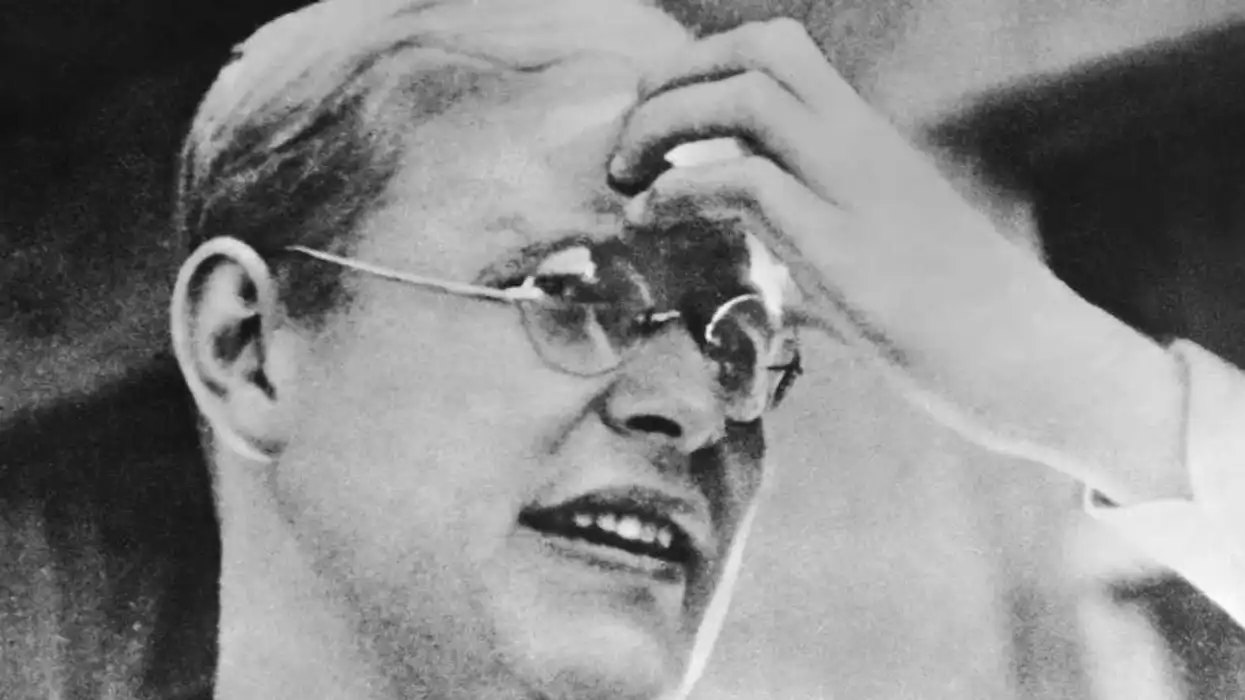The Justice Department's Office of Inspector General released a scathing report Thursday that said it has evidence that Drug Enforcement Administration officials routinely held "sex parties" in Colombia with prostitutes that were "funded by the local drug cartels."
According to the report, that charge was "alleged" by a former Colombian police officer, who also alleged that he was tasked with "providing protection for the DEA agents' weapons and property during the parties." The parties took place at headquarters.
 A new report says officials from the Drug Enforcement Agency engaged in sex parties while in Colombia. It also found the U.S. Marshals Service used prostitutes overseas, and that other law enforcement agencies have problems reporting sexual misconduct. Photo: STAN HONDA/AFP/Getty Images
A new report says officials from the Drug Enforcement Agency engaged in sex parties while in Colombia. It also found the U.S. Marshals Service used prostitutes overseas, and that other law enforcement agencies have problems reporting sexual misconduct. Photo: STAN HONDA/AFP/Getty Images
"We were particularly troubled by multiple allegations involving several DEA special agents participating in 'sex parties' with prostitutes while working in an overseas office," the report said. "The misconduct occurred for several years while these special agents held top secret clearances."
The finding is just one of several uncovered by the OIG in a report that aimed to assess how various law enforcement agencies at the Justice Department deal with sexual misconduct. The report started by saying that both the FBI and DEA refused to fully cooperate in the investigation.
"[W]e determined that a material number of allegations from both DEA and FBI were not included in the original responses to our request for the information," the report said.
"We were also concerned by an apparent decision by DEA to withhold information regarding a particular open misconduct case," it added. "The OIG was not given access to this case file information until several months after our request, and only after the misconduct case was closed."
The DEA's refusal to cooperate is likely related to the report's findings about the sex parties. The report said seven agents ultimately admitted attending these parties, but that the DEA imposed suspensions that lasted only 10 days at most.
Regarding the other agencies, the OIG found the FBI doesn't have a clear policy on when to report sexual misconduct. It described one example in which a senior official spent years repeating "unprofessional behavior," which included "cornering his subordinates in their cubicles and displaying the size of his genitals by tightening his pants."
Those incidents went unreported for several years.
The Bureau of Alcohol, Tobacco, Firearms and Explosives was also reviewed, and the report found similar problems relating to the slow reporting of misconduct. As examples, it said two training instructors were having consensual sex with students, but that this wasn't reported for three years.
The U.S. Marshals Service was also highlighted for prostitution problems. The report found that officials from this agency hired prostitutes while in Bangkok, Thailand, and that a senior marshal had an "inappropriate relationship with the common law spouse of a fugitive."

 A new report says officials from the Drug Enforcement Agency engaged in sex parties while in Colombia. It also found the U.S. Marshals Service used prostitutes overseas, and that other law enforcement agencies have problems reporting sexual misconduct. Photo: STAN HONDA/AFP/Getty Images
A new report says officials from the Drug Enforcement Agency engaged in sex parties while in Colombia. It also found the U.S. Marshals Service used prostitutes overseas, and that other law enforcement agencies have problems reporting sexual misconduct. Photo: STAN HONDA/AFP/Getty Images






